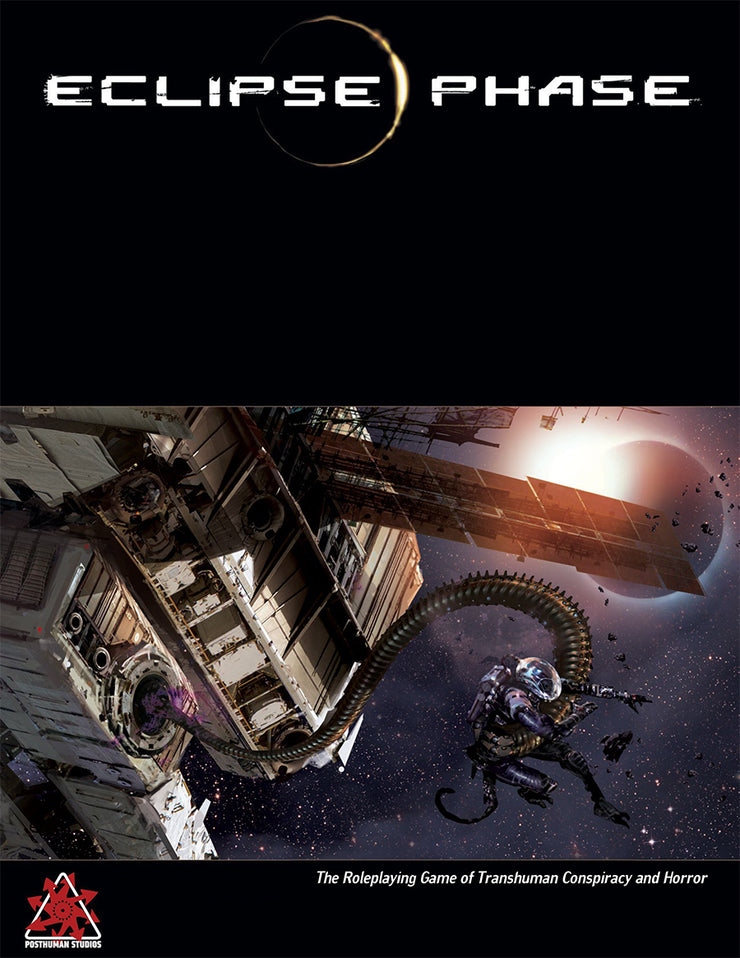Lancer Science Fiction; Tactical; Character Customization; Team-Based; Political; Dark
Lancer is a science fiction tabletop roleplaying game that blends narrative-focused gameplay with tactical mech combat. Set 15,000 years in the future, it explores themes of revolution, political intrigue, and the struggle for a better humanity in a galaxy teeming with diverse cultures and advanced technology. Lancer distinguishes itself through its deep customization options for mechs, its mix of rules-light narrative play and gritty tactical combat, and its focus on team-based gameplay. Its target audience includes players who enjoy tactical combat, character customization, and engaging with a rich, lore-filled setting.
Theme and Setting
Lancer takes place in the Orion Arm, a region of the Milky Way galaxy where humanity has spread across countless worlds. The game is set 15,000 years in the future, during the Third Age of Union, a powerful interstellar government striving for a utopian future. However, this vision is challenged by corrupt corporations, tyrannical rulers, and other factions clinging to power. The setting is rich with lore, encompassing millennia of history, diverse cultures, and advanced technologies, including mechs capable of incredible feats. The game allows for various narratives, from gritty military campaigns to explorations of the uncanny and esoteric corners of the galaxy. The tone balances the optimism of Union's ideals with the harsh realities of political conflict and the struggle for liberation.
Core Mechanics and Rules
Lancer combines two distinct gameplay modes: narrative play and tactical combat. Narrative play uses a simplified d20 system where players roll to overcome challenges, using their character's background and triggers (skills) to gain advantages. Success requires a roll of 10 or higher. Tactical combat, the game's core, is played on a grid using mechs. Combat involves managing heat, utilizing terrain, and coordinating with teammates to achieve objectives. Players have a variety of actions they can take, from firing weapons to using special abilities and hacking enemy systems. The game utilizes a license level (LL) system for character progression, allowing players to unlock new mech frames, weapons, and equipment as they level up from LL0 to LL12. The level up system is simple, and allows players to reallocate stats if they are not happy with their initial choices.
What Makes Lancer Unique
Lancer stands out due to its extensive mech customization options. Players are not limited to pre-defined classes or roles; they can mix and match components from different manufacturers to create highly specialized mechs. This customization extends to weapons, equipment, and even the mech's core systems, allowing for a wide range of playstyles. The game also features NHPs (Non-Human Persons), AI companions that can enhance a mech's capabilities but also pose risks if they become unstable. The game's setting, with its blend of science fiction and political intrigue, also contributes to its uniqueness. The blend of narrative and combat mechanics offers a balanced experience, appealing to both roleplayers and tactical gamers.
Target Audience and Player Experience
Lancer appeals to players who enjoy tactical combat, deep character customization, and engaging with a rich, lore-filled setting. The game's team-based gameplay encourages cooperation and strategic thinking. While the combat rules can be complex, the game is designed to ease players in, with a straightforward starting mech and clear explanations of the mechanics. The narrative play offers opportunities for roleplaying and character development. The setting's political themes and focus on liberation may resonate with players interested in exploring social issues through gameplay. Online resources like Comp/Con (Companion Concierge) and Retrograde Tabletop Minis enhance the player experience by providing tools for character management and visualization.



